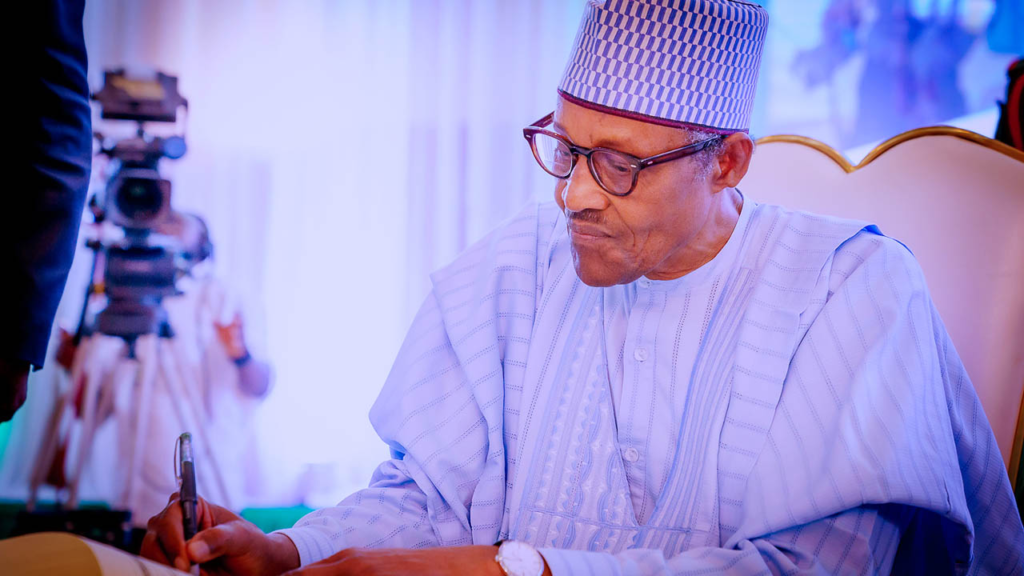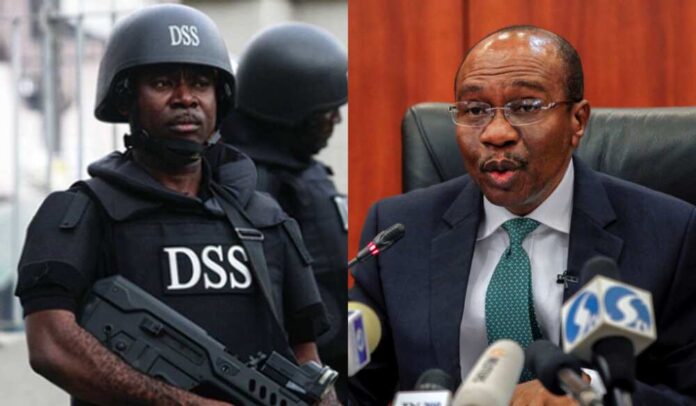In a stunning turn of events, Godwin Emefiele, the once-powerful central bank chief of Nigeria, finds himself at the center of a high-profile legal battle that has shocked the nation. Accused of illegally owning a shotgun and hundreds of cartridges, the prominent banker’s fall from grace has been swift and dramatic.
The saga began six weeks ago when Emefiele was arrested by the country’s feared secret police, the Department of State Services (DSS). The suspension of the 61-year-old governor of the Central Bank of Nigeria (CBN) followed shortly after, leaving him embroiled in a legal battle that could reshape his life and career.
Emefiele’s arrest coincided with President Bola Tinubu’s inauguration, during which he openly criticized the banker’s key policy: the redesign of the national currency, the naira. This move was intended to curb vote-buying during the fiercely contested presidential election won by Mr. Tinubu, the ruling party candidate and a Lagos billionaire.
Appearing in court with a massive red Bible in hand, Emefiele vehemently denied the charges of possessing a single-barrel gun and ammunition. However, his legal woes were far from over. Dramatic scenes unfolded outside the courtroom when secret police officers clashed with prison officials over custody arrangements, leading to Emefiele’s re-arrest.
The fall of the once-mighty banker comes as no surprise to many, as he was considered an integral figure in the government of former President Muhammadu Buhari. The eight-year tenure of Buhari’s government was marred by economic turmoil, including two recessions, soaring inflation, sharp currency devaluation, unemployment surges, and mounting debts.

While Emefiele had loyal supporters, his attempt to seek the ruling party’s presidential candidacy nomination raised eyebrows. Despite rejecting the nomination and later withdrawing a case to engage in politics, the move was viewed as naïve by some within the central bank.
Hailing from Lagos and with an extensive banking background, Emefiele’s appointment as central bank governor in 2014 by then-President Goodluck Jonathan was reaffirmed by Buhari in 2019, despite the country’s economic challenges.
Throughout his tenure, Emefiele employed unconventional methods to stabilize the Nigerian currency, including chopping down trees in key areas of the capital, Abuja, to deter black market currency trading. However, his most controversial move was the currency redesign ahead of the 2022 presidential election, aimed at countering “moneybag politics” used to influence voters.
The unfolding legal battle against Emefiele now serves as a distraction for the new government under President Tinubu, who has already faced criticism over economic decisions, including devaluing the naira and ending a long-standing fuel subsidy, leading to a cost-of-living crisis.
As Nigeria watches the gripping legal drama unfold, it remains uncertain what the future holds for Godwin Emefiele. Regardless of the outcome, the nation’s financial landscape and political dynamics are bound to feel the effects of this spectacular fall from grace for years to come.


